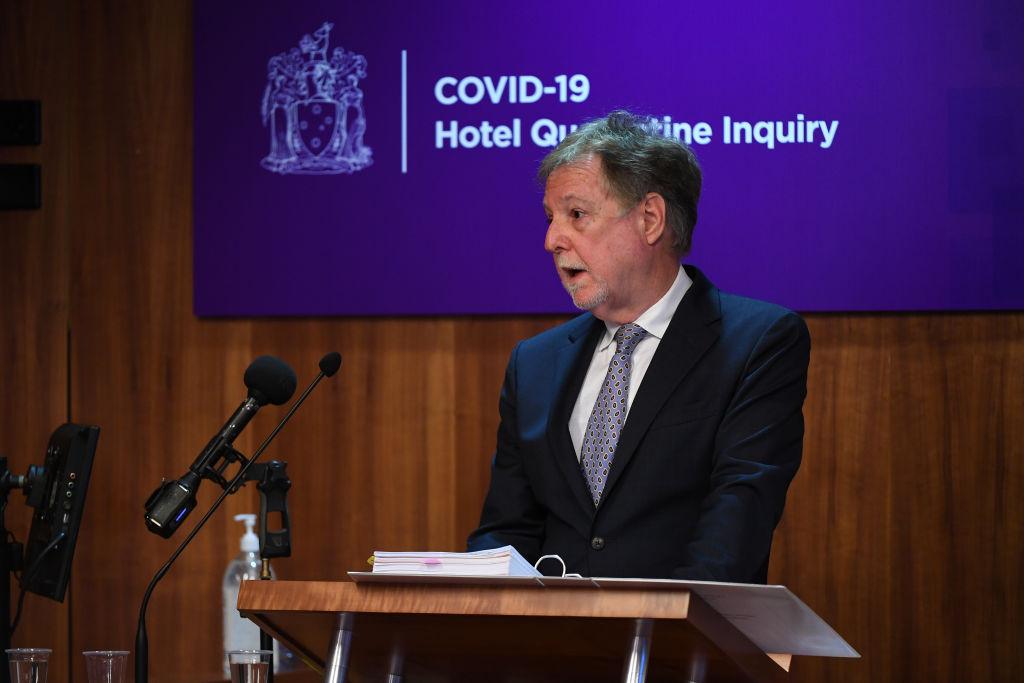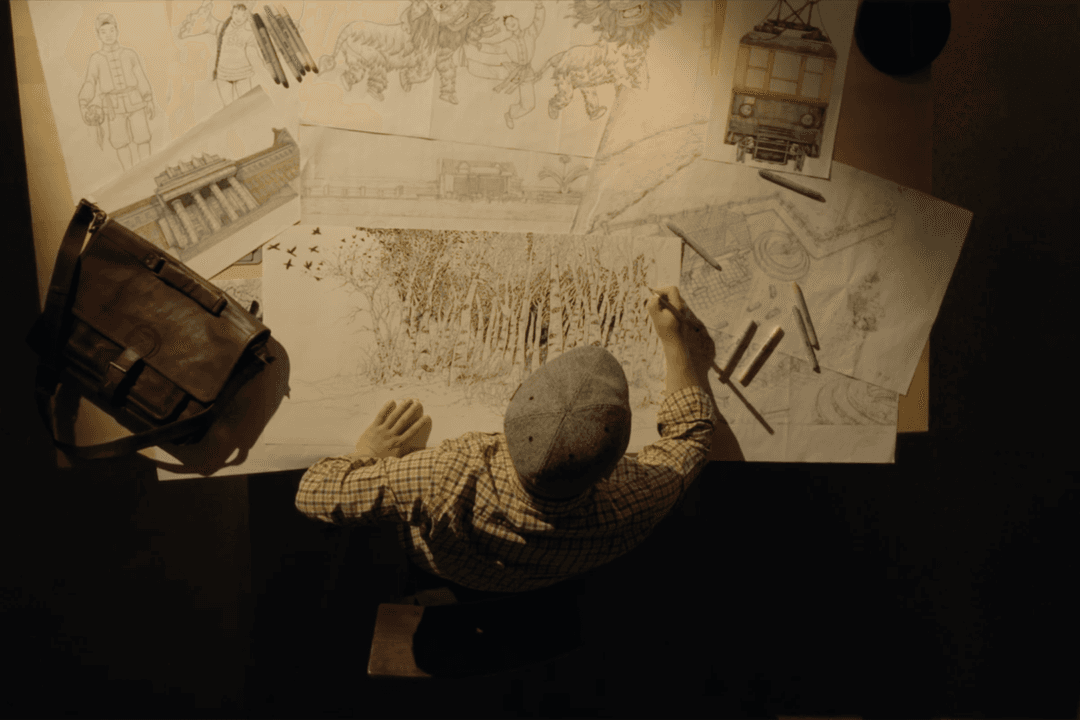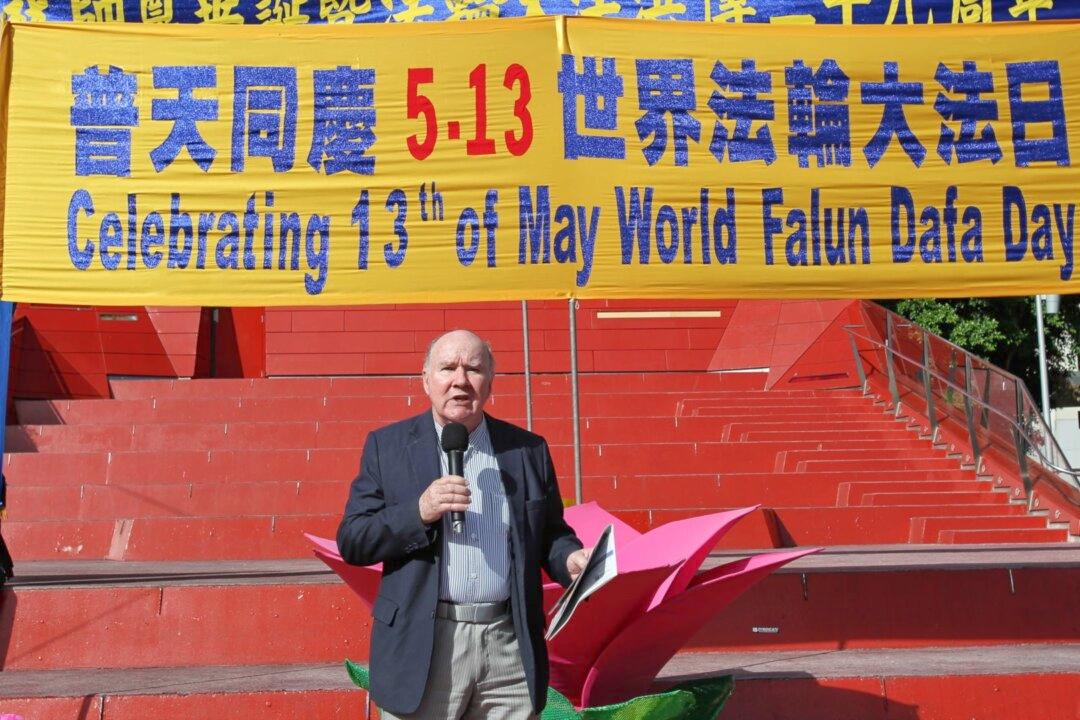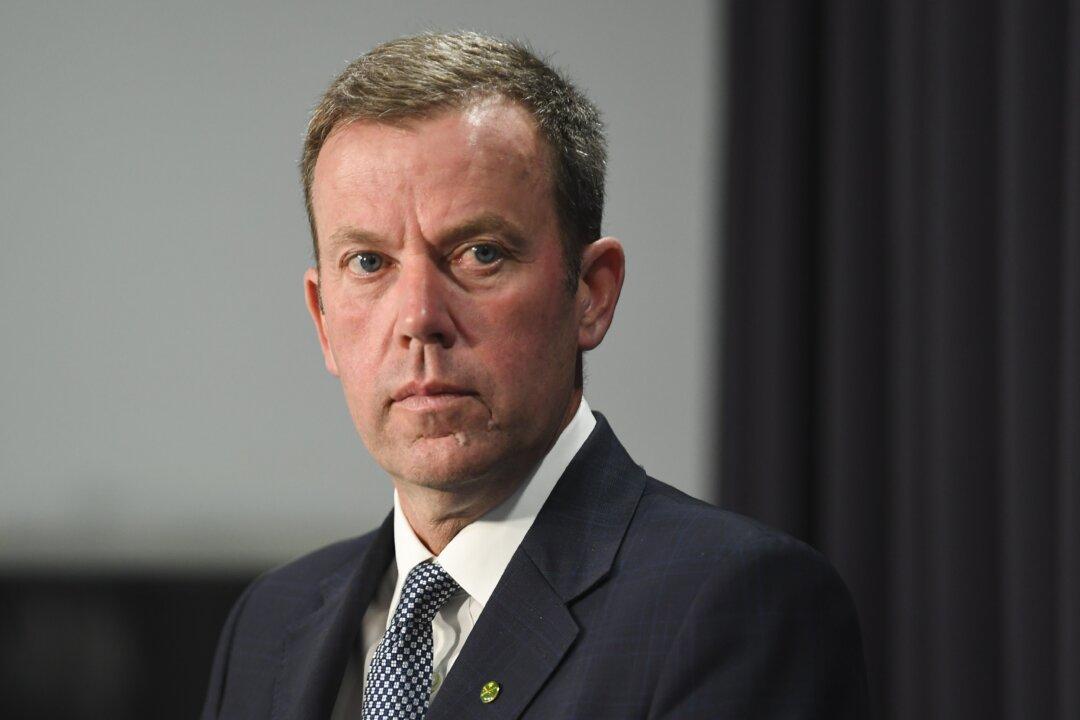Nurses told an inquiry on Victoria’s failed hotel quarantine program about a chaotic first week of limited medical supplies for COVID-19 testing and PPE shortages posing risks to infection control protocols.
Veteran nurse, Michael Tait, joined the hotel quarantine program at the time of its inception on March 29. Through a nurse agency named Your Nurse Agency (YNA), he worked at four quarantine hotels, including Rydges on Swanston, one of two locations noted as the source of 99 percent of Victoria’s CCP (Chinese Communist Party) virus cases since June.





